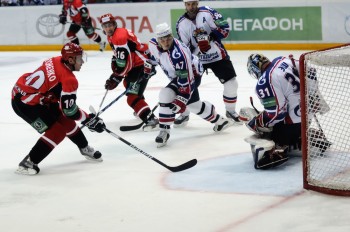For all the examples of hope and perseverance carried out on the court, field or ice, those sporting surfaces can also be the site of devastation for some unlucky players and their families. Much more tragic than losing the big game, a catastrophic injury will change an athlete’s life forever.
Events unfold quickly during a game or sporting match and in an amateur context, often without video evidence. Civil litigation claims, then, are commonly decided by eyewitness testimony, from referees and spectators to coaches and the players themselves.
The grounds on which an injured player can launch a claim for compensation are many. But because of a certain amount of assumed risk on the part of the player, which they often acknowledge explicitly by signing a waiver, the question of context becomes so important; in other words, someone has to answer whether the events that led to the injury fit within typical expectations of that activity.
Hockey has earned a reputation as a fast-paced and rough sport in which injuries happen regularly. But when is an injury “just part of the game” and when is it a case of, say, an assault?
When, for example, a punch causes injury, some seemingly minor distinctions can have major ramifications. If the two players entered willingly into a fight it may be seen as a form of mutual consent and understanding, therefore reducing (or completely eliminating) the injured player’s right to sue.
However, when looked at as a unilateral attack that was unprovoked and unforeseen by the injured player, it could be said that he or she was the victim of an assault and did not consent to that aspect of the game.
Sports-related personal injuries appear in many different forms. Negligence on the part of a referee, coach, player, equipment manufacturer, athletic organization or facility worker could all warrant a lawsuit under certain circumstances.
Knowing how to proceed after a sports-related injury is very difficult because of the inherent risk involved and because no two situations are exactly the same. With recent advances in the field of traumatic brain injury, concussions are being diagnosed more often and protocols are often in place to reduce the risk of re-injury. In contact sports like hockey and football, head injuries, with possible life-long consequences, are becoming more common. These and other sports-related injuries may give rise to a claim for compensation and require a specialized law practice like Horowitz Injury Law to investigate and possibly commence appropriate legal action.




